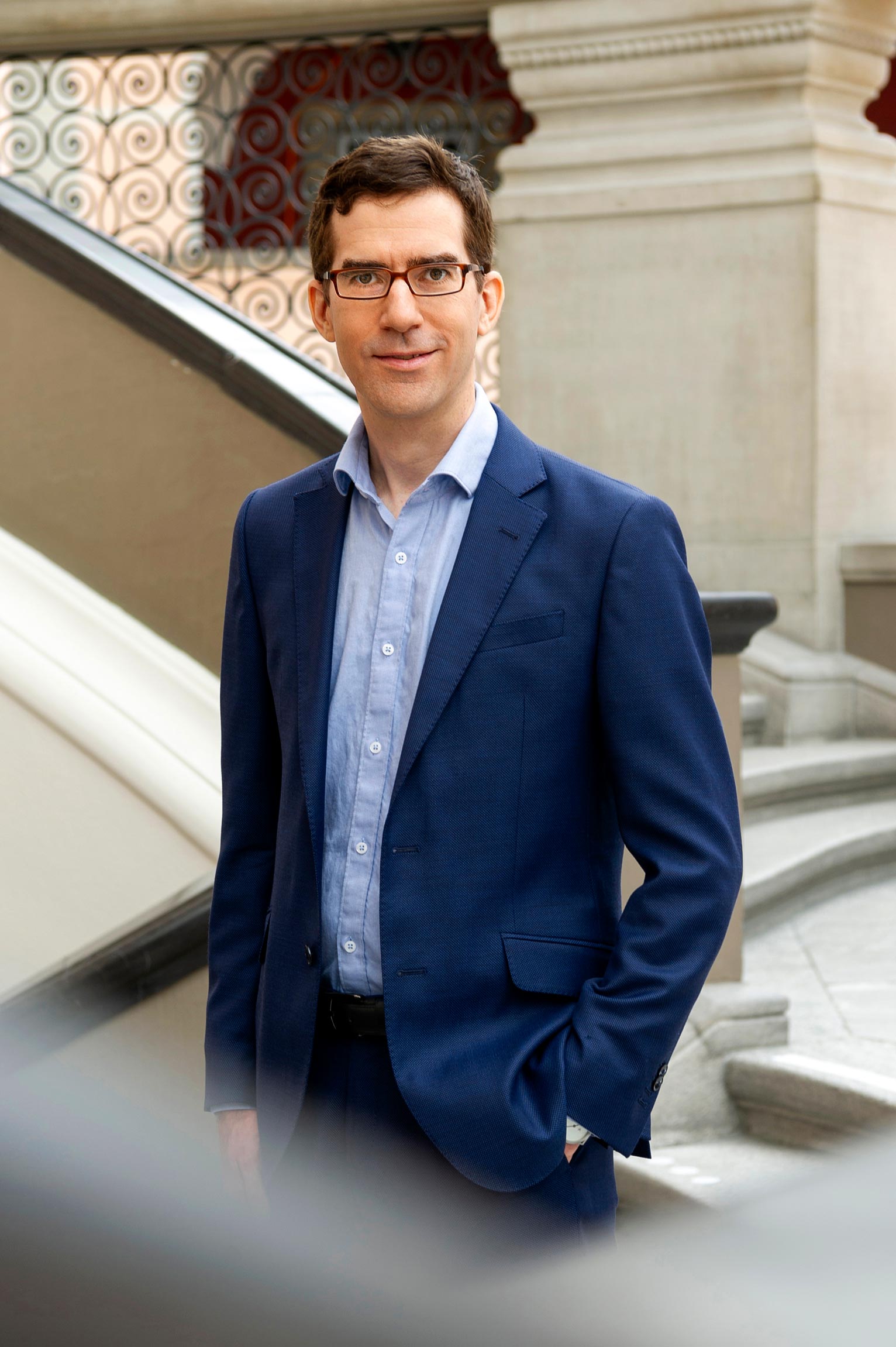Jump directly to
Beyond China Shock
As the U.S. ramps up tariffs on Chinese goods once again, the debate over trade policy has taken center stage — and one name keeps surfacing across leading publications: UBS Foundation Professor David Dorn.
Dorn, along with co-authors David Autor and Gordon Hanson, published a landmark 2013 study on the “China Shock,” showing how a surge in Chinese imports profoundly disrupted U.S. manufacturing communities. Their research documented long-lasting job losses, wage declines, and social strain — particularly in regions most exposed to import competition.
Over the past week, The New York Times, Wall Street Journal, Washington Post, Al Jazeera, and Vox revisited Dorn’s work in the context of the new tariff policies:
• NYT and WSJ questioned whether tariffs can truly reverse decades of economic transformation. Both highlight the risk of retaliation, rising prices, and further global instability.
• Al Jazeera underscored that lost jobs won’t simply return — pointing to technological change and supply chain complexity.
• Washington Post noted the ideological pivot from free trade to protectionism and warned of long-term consequences.
• Vox offered a crucial clarification: Dorn’s research diagnoses the problem but doesn’t prescribe tariffs as the solution. Instead, it calls for policy responses that support displaced workers — retraining, education, and social safety nets.
The takeaway? Understanding the nuanced findings of Dorn’s research is key. Protectionist policies may appeal politically, but they risk ignoring the complex, structural shifts in the global economy that his work so clearly maps out.
In a time of rising populism and shifting economic alliances, Dorn’s work reminds us of the importance of evidence-based policymaking. Let’s not confuse diagnosis with cure.
As the U.S. ramps up tariffs on Chinese goods once again, the debate over trade policy has taken center stage — and one name keeps surfacing across leading publications: UBS Foundation Professor David Dorn.
Dorn, along with co-authors David Autor and Gordon Hanson, published a landmark 2013 study on the “China Shock,” showing how a surge in Chinese imports profoundly disrupted U.S. manufacturing communities. Their research documented long-lasting job losses, wage declines, and social strain — particularly in regions most exposed to import competition.
Over the past week, The New York Times, Wall Street Journal, Washington Post, Al Jazeera, and Vox revisited Dorn’s work in the context of the new tariff policies:


Press
Trump’s Tariff Pause Is Less Than Meets the Eye The New York Times
How the U.S. Lost Its Place as the World’s Manufacturing Powerhouse The Wall Street Journal
Trump may have just ended globalization as we know it The Washington Post
The influential paper that explains Trump’s radical tariff policy Vox
Video
Contact
David Dorn is the UBS Foundation Professor of Globalization and Labor Markets at the University of Zurich and the director of the university-wide interdisciplinary research priority program “Equality of Opportunity.” He was previously a tenured associate professor at CEMFI in Madrid, a visiting professor at the University of California in Berkeley, and a visiting professor at Harvard University.Professor Dorn’s research spans the fields of labor economics, international trade, economic geography, macroeconomics, and political economy. He published influential studies on the impacts of globalization and technological innovation on labor markets and society. David Dorn is among the 100 most highly cited economists worldwide in the last decade. In 2023, he was awarded the Hermann Heinrich Gossen Prize for the most accomplished economist in German-speaking countries under the age of 45.
David Dorn is the UBS Foundation Professor of Globalization and Labor Markets at the University of Zurich and the director of the university-wide interdisciplinary research priority program “Equality of Opportunity.” He was previously a tenured associate professor at CEMFI in Madrid, a visiting professor at the University of California in Berkeley, and a visiting professor at Harvard University.Professor Dorn’s research spans the fields of labor economics, international trade, economic geography, macroeconomics, and political economy. He published influential studies on the impacts of globalization and technological innovation on labor markets and society. David Dorn is among the 100 most highly cited economists worldwide in the last decade. In 2023, he was awarded the Hermann Heinrich Gossen Prize for the most accomplished economist in German-speaking countries under the age of 45.